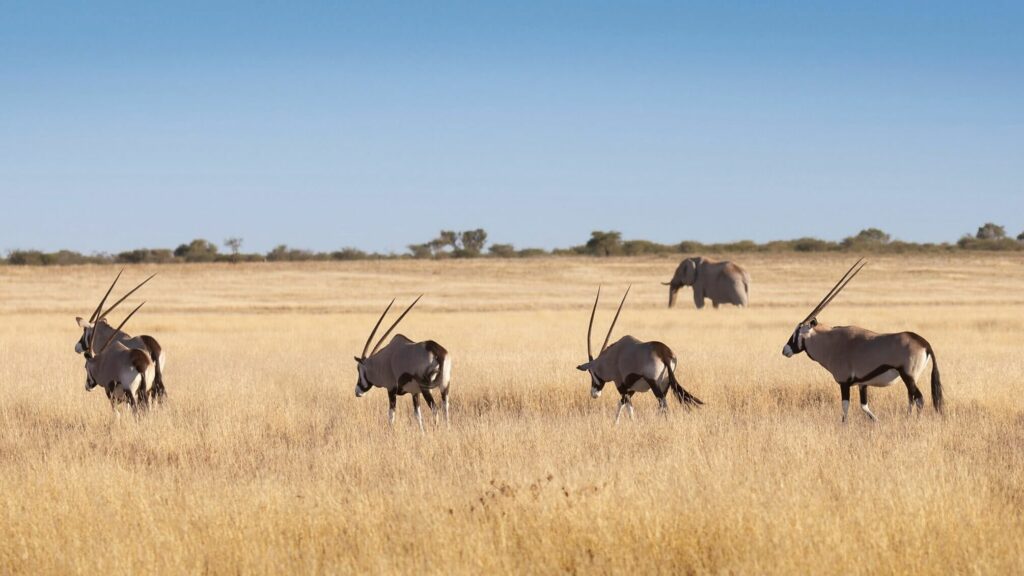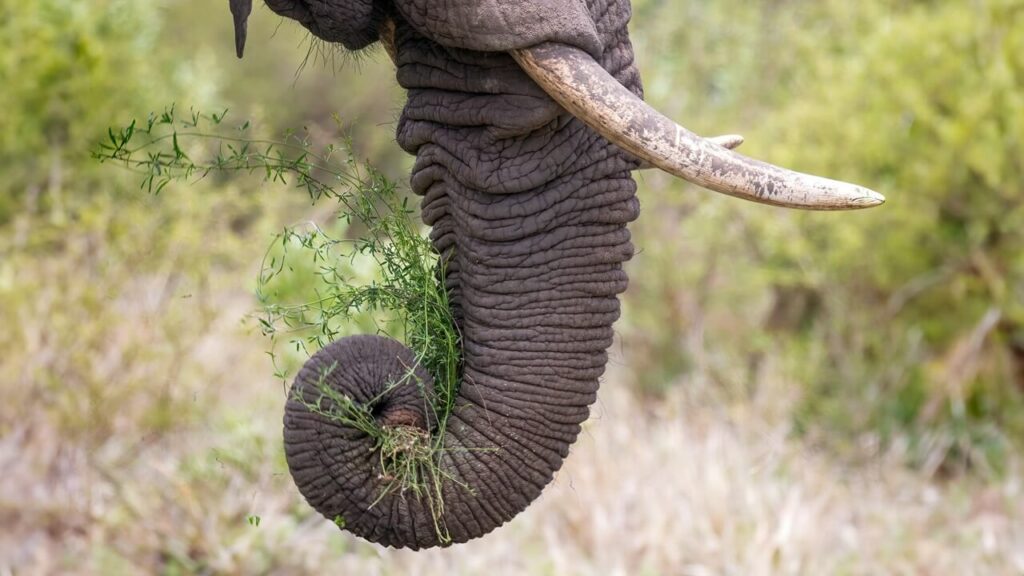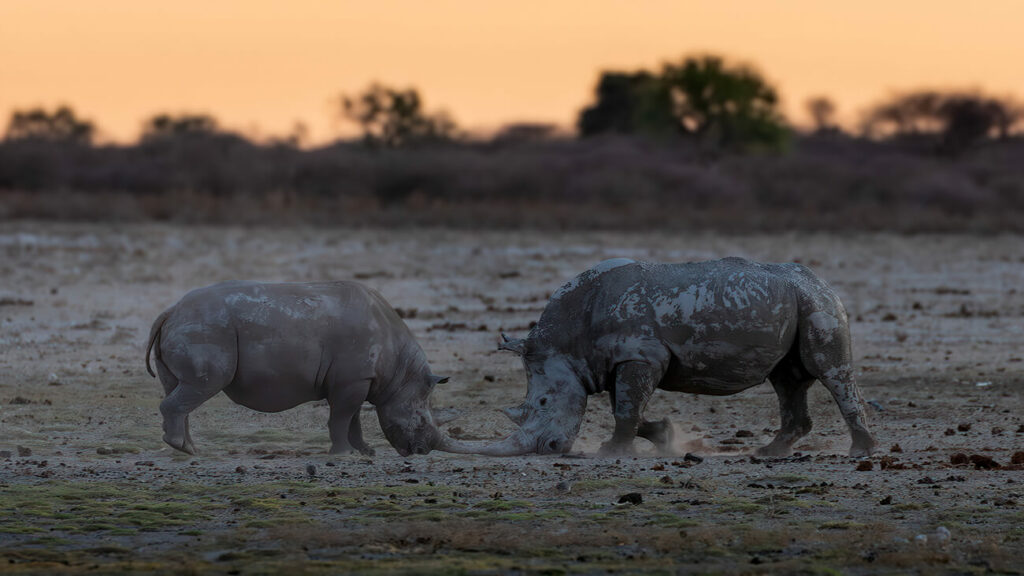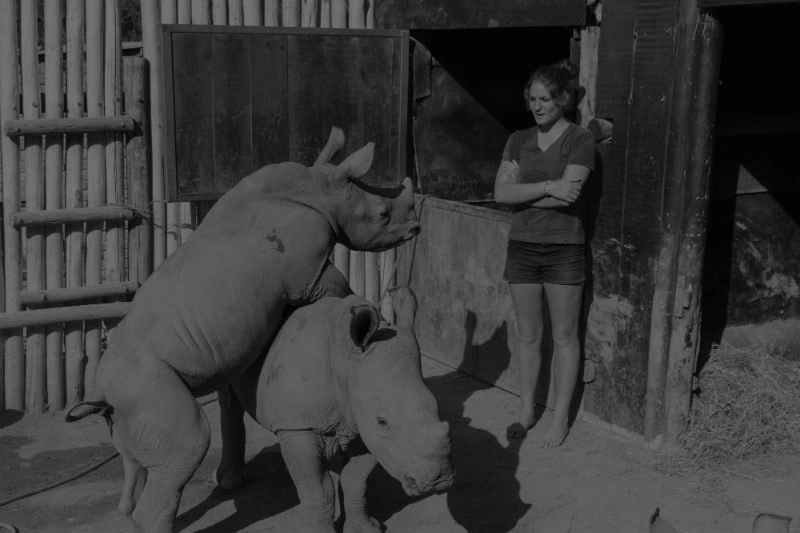White-backed Vulture: Africa’s Endangered Scavenger
Meet the White-backed Vulture: Vital Cleaner of the Savanna
White-backed vultures, also known as African white-backed vultures, are a species of large bird that belong to the family Accipitridae. These birds are found in sub-Saharan Africa and are known for their unique physical characteristics, behavior, diet, and ecological importance. Unfortunately, like many other vulture species, white-backed vultures are facing significant conservation challenges, which we will explore further in this article.

White-backed Vulture Facts: Size, Diet, and Flight
White-backed vultures are large birds with a wingspan of up to 2.25 meters and can weigh up to 7 kilograms. They have a distinctive white patch on their back, which makes them easily identifiable. The rest of their body is covered in dark brown feathers. Their sharp, hooked beak is adapted for tearing flesh, and their powerful talons allow them to grip and manipulate their prey.
The White-backed Vulture’s Social Life
White-backed vultures are social birds that often congregate in large flocks around a carcass. They are also known to follow other vultures to locate food sources. When feeding, they will often take turns, with some birds holding the carcass down while others tear it apart. This social behavior helps them to efficiently feed on large carcasses.
Why White-backed Vultures Matter: Ecosystem Heroes
As scavengers, white-backed vultures play a crucial role in the ecosystem by cleaning up and recycling dead animal matter. They primarily feed on the carcasses of large mammals, such as antelopes, zebras, and wildebeest. They are known for their ability to locate carrion from great distances and will often soar high in the sky to look for food sources.
White-backed vultures are an important part of the African ecosystem. They help to prevent the spread of disease by quickly consuming and disposing of dead animal matter. Their efficient feeding habits also help to reduce competition between scavengers, as they are often the first birds to locate a carcass.
Threats to White-backed Vultures: Poison and Habitat Loss
Unfortunately, white-backed vultures are facing significant conservation challenges. The primary threat to their survival is habitat loss due to human activities such as agriculture, logging, and urbanization. As their habitats are destroyed, the availability of carrion is reduced, and the birds are forced to travel further in search of food. This makes them more vulnerable to other threats such as poaching and electrocution from power lines.
Another significant threat to white-backed vultures is poisoning. Farmers often use poisons to kill predators that threaten their livestock, and poachers often poison carcasses to kill vultures for illegal trade or simply to prevent anti-poaching teams from finding other carcasses early (e.g. elephants and rhinos) thereby affording poachers additional time to escape while simultaneously decreasing the opportunity for usable evidence to be captured. Together, these factors have led to a significant decline in vulture populations throughout Africa.
White-backed Vulture Conservation: Challenges and Solutions
Efforts are underway to help protect and conserve white-backed vultures and their habitats. One such effort is the establishment of protected areas, which provide safe havens for vultures and other wildlife. Education programs aimed at raising awareness about the importance of vultures and their ecological role are also helping to protect these remarkable birds. By highlighting the many benefits that vultures provide to the ecosystem, these programs are helping to change attitudes towards these birds and promote conservation efforts.

Conclusion:
White-backed vultures are an important species of bird that play a vital role in the African ecosystem. Their unique physical characteristics, behavior, diet, and ecological importance make them a fascinating species to study and appreciate. By working to protect and conserve these birds, we can help ensure their survival for generations to come and preserve the important role they play in the ecosystem.
In addition to the conservation efforts mentioned above, some countries have also implemented legal protections for white-backed vultures. For example, the bird is listed as a species of conservation concern under the Convention on Migratory Species, and as a Critically Endangered species on the International Union for Conservation of Nature (IUCN) Red List.
However, much more work is needed to protect and conserve white-backed vultures and other vulture species. One challenge is the lack of public awareness about the importance of these birds and their conservation status. Many people view vultures as unpleasant or even repulsive, which can lead to negative attitudes towards their conservation.
Another challenge is the slow pace of change in some regions, where traditional attitudes and practices are deeply ingrained. For example, some communities continue to use poisons to control predators despite the harm that it causes to vultures and other wildlife.
To overcome these challenges, more education and outreach efforts are needed to promote understanding and appreciation of vultures and their ecological importance. These efforts should involve working with communities to find alternative methods for predator control and raising awareness about the harm caused by poisons.
Want to see White-Backed Vultures for yourself? Our Project let’s you join a Kalahari Safari to help African Wildlife or Contact Us for any other questions or read our Testimonials!
Read more about these fascinating birds Here






